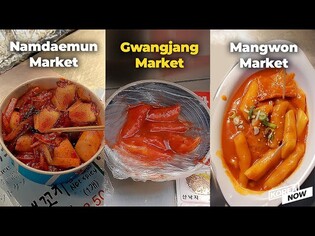 |
| ▲ This file photo taken Oct. 24, 2022, shows Hyundai Motor Co.'s and Kia Corp.'s headquarters in Yangjae, southern Seoul. (Yonhap) |
Hyundai-Kia-US sales
Hyundai, Kia U.S. sales rise 15 pct on SUV popularity in January
SEOUL, Feb. 2 (Yonhap) -- Hyundai Motor Co. and its affiliate Kia Corp. said Thursday their combined sales in the United States rose 15 percent in January from a year earlier on robust sales of SUVs and eco-friendly models.
Hyundai and Kia sold 103,984 vehicles in the world's most important automobile market last month, up from 90,360 units the previous year, according to the companies' sales data.
Hyundai's U.S. sales climbed 9 percent on-year to 52,001 units and Kia's jumped 22 percent to 51,983, the data showed. The Hyundai figures didn't include the sales results of its independent brand, Genesis.
"On the heels of our best-ever annual retail sales performance, Kia accelerated into the new year with our sixth consecutive month of record-breaking sales thanks to the popularity of our capable SUVs and electrified models," Eric Watson, vice president in charge of sales operations at Kia America, said in a statement.
It's poised to be another exciting year for the Kia brand with increased Telluride production, the new 2024 Seltos arriving soon, and the full production of the Sportage, EV6 and Niro, he said.
Kia's U.S. sales fell 1.1 percent on-year to 693,549 units last year, while Hyundai's dropped 0.9 percent to 780,675 units. Hyundai's figure includes the Genesis brand's sales numbers.
But the still ongoing COVID-19 pandemic and the Inflation Reduction Act (IRA) remain major worries for the carmakers' sales in the U.S. this year.
The IRA excludes electric vehicles built outside North America from tax credits. The new law is widely expected to deal a blow to Hyundai and Kia, as they produce their EVs at domestic plants for export to the U.S.
(END)
(C) Yonhap News Agency. All Rights Reserved
























![[가요소식] 베이비몬스터,](/news/data/20251219/yna1065624915960276_172_h2.jpg)







